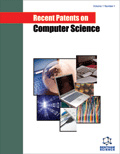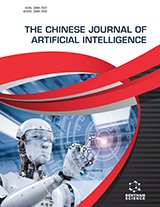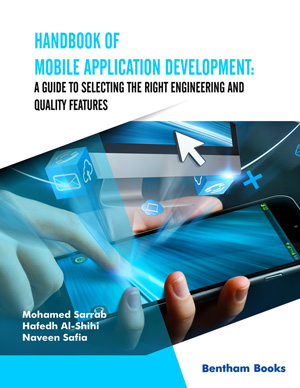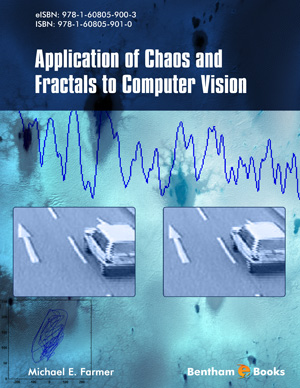Abstract
Health monitoring may be required regularly in everyday life, which might
help predict the significant health consequences. Accurate surveillance is required for
effective health parameters like temperature, stress, heart rate and blood pressure (BP)
in the medical and healthcare domains. The Ideal health-related characteristics for
efficient persistent health monitoring are established in this study. The primary goal of
the device is to monitor the health parameters of a person in everyday life, facilitating
psycho-physiological supervision to examine the relationship between underlying
emotional states, including changing stress levels, and the progression and prognosis of
cardiovascular disease. Non-invasive sensors are employed here to observe the
mentioned health-related variables. The observed data will be stored in the cloud for
further processing. IoT technology has been used to process and store the measured
parameters in the cloud. At the same time, the device will give a notification in the
form of an alarm to the concerned person. The data can be frequently monitored by the
guardian and the concerned doctor. This may help to keep an eye on the people even if
they are far away from the person and the stored data can be viewed at any time from
anywhere. Thus, the wearable device will record the health parameters of a person,
which may assist them to know their mental and physical health, as well as give alerts in case of abnormalities. Implementation of this system will be helpful for the
people to get an awareness about their health condition and also make them stay
healthy.






















